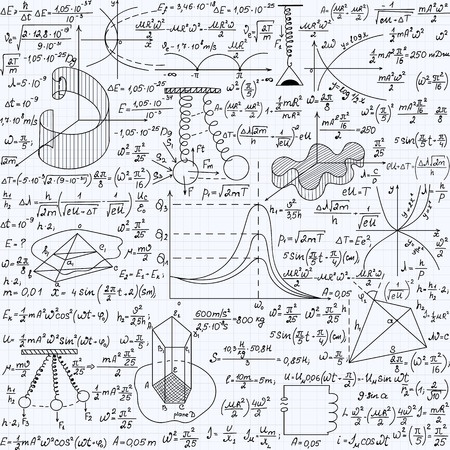The Productivity Formula
Definition
The other day, someone emailed me to ask me for my personal definition of ‘Productivity’. Of course, if one looks in the dictionary, you will see that this noun is synonymous with the words ‘output’ and ‘yield’; yet, I do not think that is an adequate explanation. I believe there is a simple way to look at the meaning which highlights the ‘how to’ be productive as well.
One part of productivity is effectiveness. Effectiveness relates to the one’s personal (or organizational) mission, goals, and projects. You can only be effective if you are focused on those important items that have a high pay-off as these tasks are the ones that bring you closer to those targets. Effectiveness is working on anything that you truly desire; it is achievement-centric. This means that task selection is a critical component of productivity.
The other part of productivity is efficiency. Efficiency means that you are able pursue personal (or organizational) mission, goals, and projects without wasted time, extra steps, or increased costs. Efficient action needs to be both fast and competent. Speedy works is great and often important; yet, it is worthless if the quality is sub par. The most efficient tasks are those that are completed where both speed and excellence are optimized. As a result, the methodology chosen for any tasks is a key factor for productivity.
This means my simple definition of productivity is as follows:
SYLLABICATION: pro•duc•tiv•i•ty
DEFINITION: [Noun] Working on the right things in the best way.
The Productivity Formula
Going beyond my simple definition, I’d like to share my equation for productivity:
P = E1 x E2
Productivity is P
Effectiveness is E1
Efficiency is E2
Notice that productivity is the result of a multiplicity between effectiveness and efficiency. The formula is NOT P = E1 + E2. This means that productivity is not a mere summation of these two properties.
One can be extremely effective without being efficient. For example, you could take two hours to craft the perfect five sentence email; however, this one task should have taken less than 10 minutes. The end product is indeed a very effective email for the recipient to read, but it certainly was not an efficient use of time.
Likewise, one can be very efficient without being effective. You could become one of the best TV viewers in the country, using technology to eliminate commercials, time-shift shows, even watch them speeded up at 1.5 times real-time. Yet, this would not be an effective use of your day due the low-output of this task.
Look back at the equation above. Remember what you learned in grade school: anytime you multiply a number by zero, the answer is zero. This is a very important fact. You cannot completely sacrifice one key attribute for the other and still be productive. However, this also means that small increase adjustments to both effectiveness and efficiency can have dramatic results on your overall productivity.
